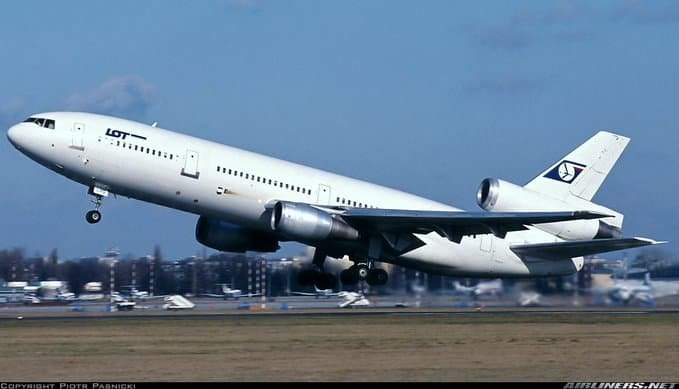Poland’s biggest airline, LOT Polish Airlines, urged to cancel the EU ETS due to rising jet fuel prices.
LOT Airlines CEO stated that the “EU ‘Fitfor55’ (strategy) needs to be fundamentally reviewed… it is extremely idealistic and I am afraid it is going to kill a number of airlines”
After the outbreak of Russia’s invasion of Ukraine, jet fuel prices soared.
This affected the aviation sector so much, prompting LOT to demand the European Union Emissions Trading System be scrapped.
The Relationship Between EU ETS and Aviation
The EU ETS is the foundation of the EU’s policy to combat climate change. It is also the union’s key tool for reducing GHG emissions in a cost-effective way.
Under the EU ETS scheme, all airlines operating in Europe have to track their emissions. It is also required for them to report their emissions and buy carbon allowances against such emissions.
Since the outbreak of the war in Ukraine, jet fuel prices had surged along with the rest of the oil prices. Meanwhile, EU ETS futures have dropped from €95/mt before the war to only €78.22/mt after the invasion.
This affected the December 2022 contract but the amount is still higher compared to a year ago.
LOT’s CEO said that because of the big increase in fuel prices, the airline has to use economically and ecologically viable planes.
And thus, the aviation company calls out to the union to scrap the EU ETS for aviation.
LOT’s Reasons to Dump the EU ETS Scheme
LOT has been connecting Poland, Central, and Eastern Europe with the world for more than 9 decades now. The airline had flown around 12 million flights each year before the pandemic hit.
But the COVID-19 protocols forced the company to reschedule 13% of its flights. Worse is that it also has to cancel another 9% of its flights because of the war in the nearby country.
Not to mention the long flights to Asian destinations that need detouring to avoid the Russian airspace.
Also, Polish passengers’ demand to travel decreases as they are hesitant to leave their homes. Thus, the number of flights daily that the Polish airspace handles had dropped.
Add to this the fact that Europe is very dependent on Russian supply for distillates. Hence, with the lack of imports via the East of Suez because of the war, aviation fuel prices rose to multi-year highs.
According to the industry assessments, jet fuel cargoes increase by up to 42% since the eve of the war at $1,312.75/mt. This, and the very high levels of EU ETS certificates, have a big negative effect on all airline operators.
And so, LOT believes that it’s time to rethink the EU ETS for aviation as both the pandemic and the war put the sector under heavy financial stress.

